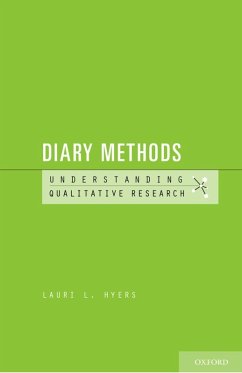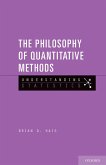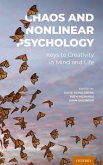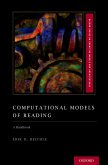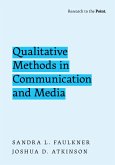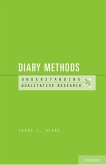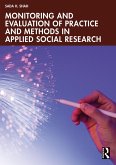Qualitative diary research is a unique tool with strengths that set it apart from other research methods. The diary prioritizes events embedded in context and time, a perspective that serves to destabilize constants, revealing the complex intersectionality of experience. Over the last several centuries, the mechanics of diary-keeping have evolved from simple records of ephemera into a primary research method. Today both archival and solicited diaries are used by social scientists who employ a range of qualitative, quantitative, and mixed-method data collection technologies. Researchers may consider the very possibility of conducting a qualitative diary study with some hesitation--in addition to sounding like a good deal of work, the method seems somewhat
off the beaten path, a bit mysterious, and even kitschy. With a better understanding of what is involved, those who are considering the method may come to find that a diary study is well worth their while. In
Diary Methods, Hyers provides her readers with a wealth of guidance and expert insight to ensure the success of their qualitative diary studies. The history of the diary from cultural phenomenon to social scientific method are explored, followed by a discussion of the use of archival and solicited diaries in qualitative designs, diary data collection and management, qualitative analysis and coding, composition and diary report writing, evaluating diary research, and special ethical considerations when using diaries in research.
Dieser Download kann aus rechtlichen Gründen nur mit Rechnungsadresse in A, B, BG, CY, CZ, D, DK, EW, E, FIN, F, GR, HR, H, IRL, I, LT, L, LR, M, NL, PL, P, R, S, SLO, SK ausgeliefert werden.

